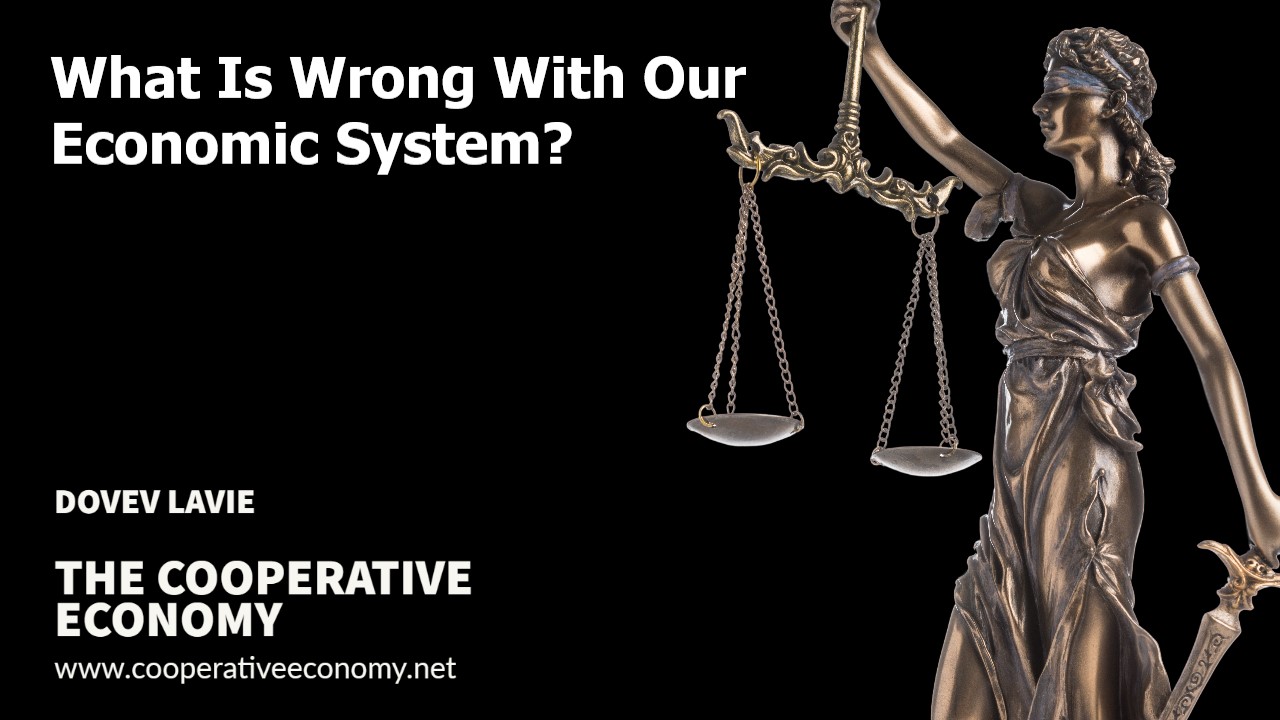
The Cooperative Economy proposes a solution to economic inequality, dominance of platform ecosystems, overconsumption of resources, loss of privacy and free choice, and some drawbacks of globalization.
These grand challenges have taken a toll on society, and their unfortunate consequences for humanity seem inevitable. Yet all these problems have one root cause, which is mistakenly ascribed to human nature. Observers often point to greed as the underlying motive that drives opportunistic behavior at all costs. Nevertheless, we should not blame firms for seeking profits or consumers for maximizing utility. We must blame the economic system that has prioritized these aims over societal values, and that rewards the opportunistic entrepreneurs while penalizing those who strive for cooperation.
Economic theory has made some incorrect assumptions. Not all humans were born as opportunistic creatures. Some are more opportunistic than others, and the majority tend to be cooperative. So why do we mostly observe greed and opportunistic behavior in our economic system? This is due to the design of this system that reinforces opportunistic behavior beyond the tipping point. When everyone around us behaves opportunistically, we cannot afford not to. A vicious cycle transpires, whereby profit seeking becomes the default, while societal values are forgotten. Efforts to fix the economy via regulation, legislation, innovation, and aid are doomed because they treat the symptoms, not the disease. After decades of attempts to infuse compassion into a ruthless economic system, we must admit that we have failed. In my book, I explain why I conclude that the modern economic system is unfixable and offer a new approach to cope with the challenges. For more information visit the book’s website.

